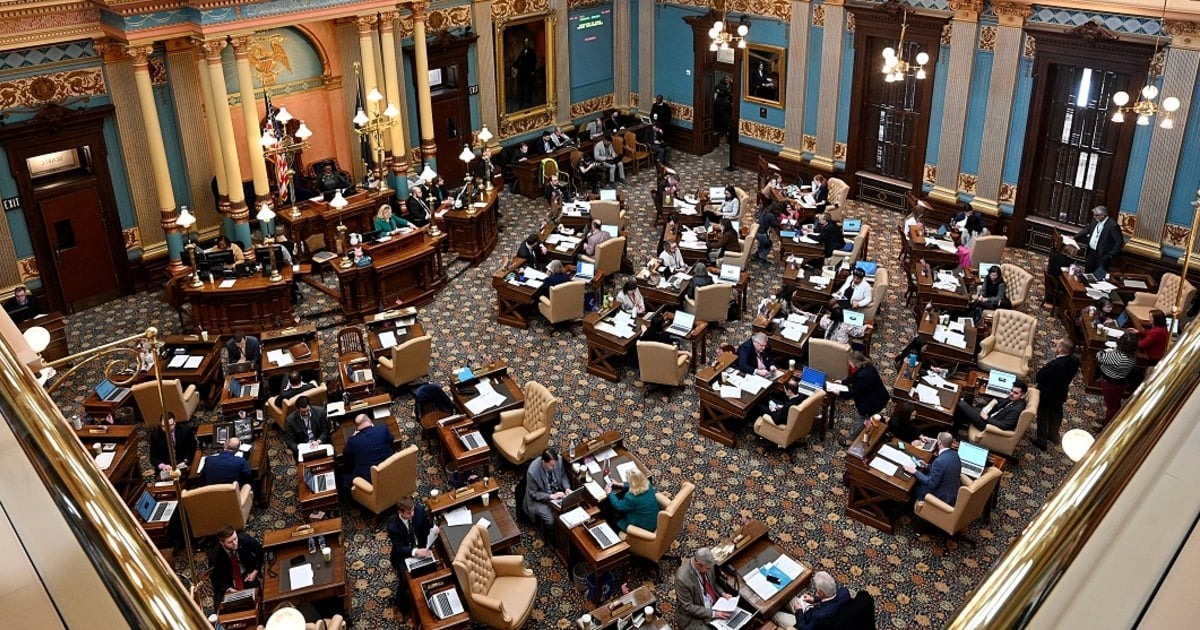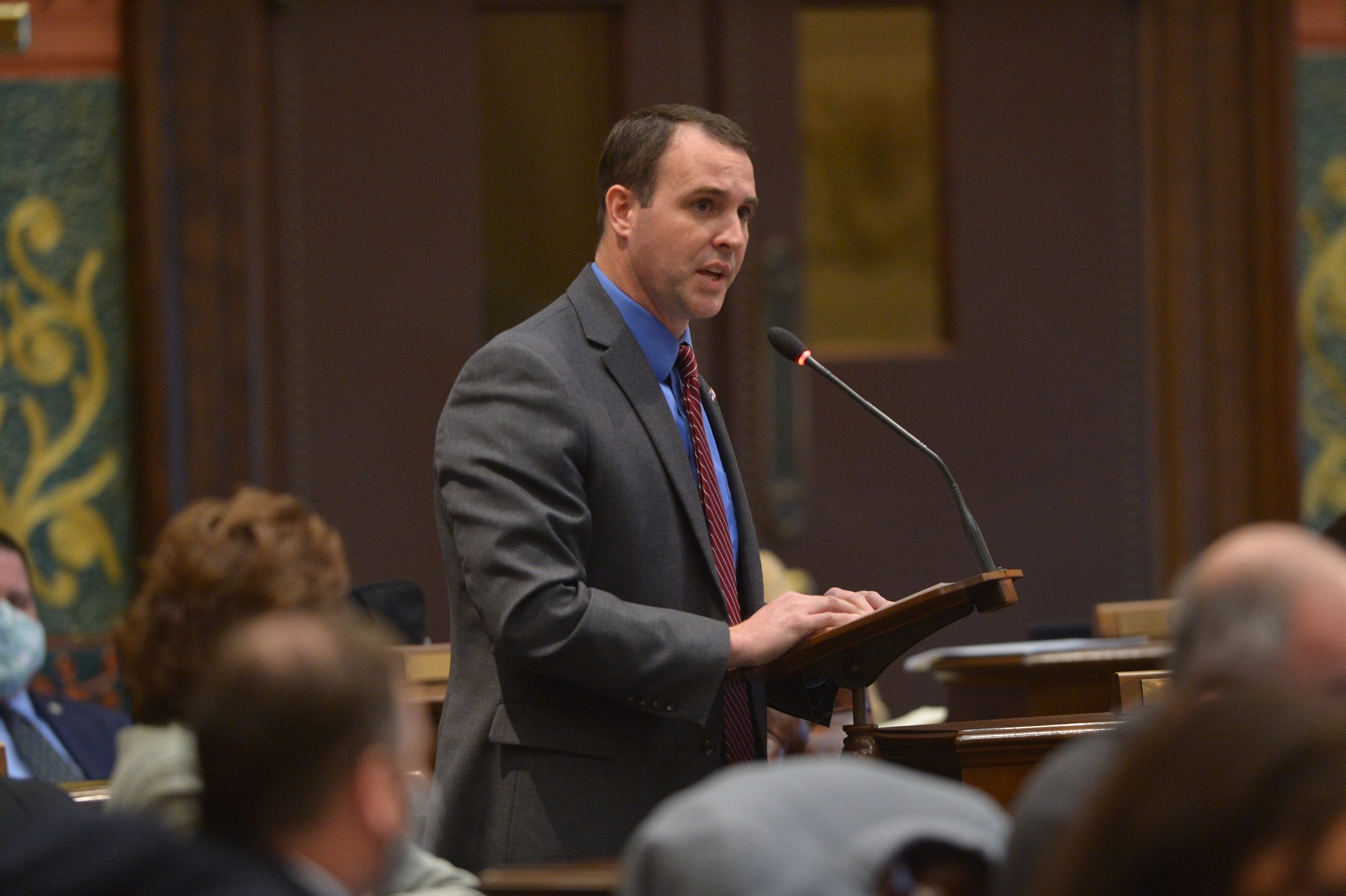The Michigan Senate concluded its last in-person session before the spring break by approving economic development measures. These include legislation introducing a research and development tax credit, reviving an expired jobs program, and revamping a financial incentives program to attract significant business investment.
Established in 2021 after Ford Motor Company sought projects in other states, the Strategic Outreach and Attraction Reserve (SOAR) Fund has two funding streams for site readiness and critical infrastructure.
The recent bill package proposes adding a third funding stream, the Michigan 360 program, to emphasize holistic economic development. Senator Mallory McMorrow highlighted that this new program would allocate 50% of SOAR funds to transformative community investments.

Senate (Credits: Crain’s Detroit)
Criticism of the SOAR Fund’s focus on businesses rather than Michigan residents prompted the creation of the Michigan 360 program. McMorrow argued that prioritizing fundamentals like transit, housing, and durable infrastructure would enhance Michigan’s competitiveness and attract investment.
However, some senators, like Thomas Albert, remain skeptical of the SOAR program and advocate for its repeal. They argue that it primarily benefits large corporations and foreign companies without significant benefits for Michigan residents.
The legislation passed along party lines in the Senate but faces challenges in the House of Representatives, where Republican buy-in may be necessary for approval. House Minority Leader Matt Hall emphasized greater program accountability and support for small and medium-sized businesses.
Meanwhile, legislation to reinstate and rename the Good Jobs for Michigan Program as the High-wage Incentive for Regional Employment in Michigan Program is also progressing. This program aims to incentivize job creation with higher wages, addressing concerns about wage levels under SOAR.

Michigan Senate Members (Credits: Bridge Michigan)
Senator Mary Cavanagh highlighted the new program’s requirements, which mandate job creation above a certain wage threshold and include environmental considerations.
In addition to economic development programs, research and development tax credit legislation has passed both chambers and awaits the governor’s signature. These bills introduce tiered tax credits based on company size and research and development spending levels, with caps on annual claims.
Despite differences in approach and priorities, the bipartisan support for some bills underscores bipartisan recognition of the need for economic development measures.























